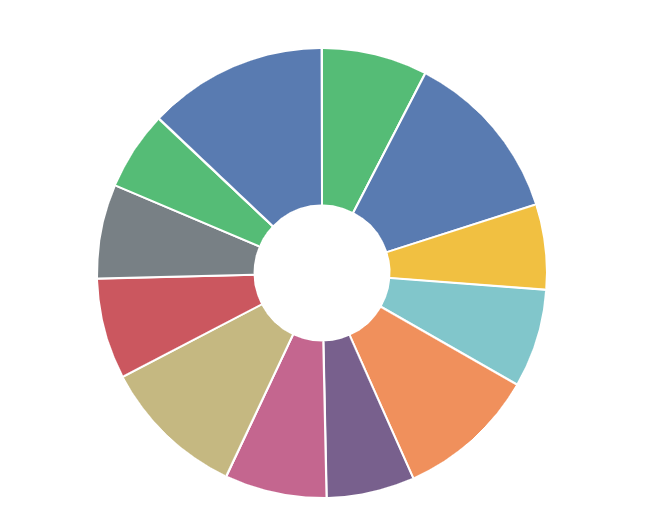 Building a trust based organization begins with tracking trust in teams and addressing trust weaknesses. Doing so results in the following:
Building a trust based organization begins with tracking trust in teams and addressing trust weaknesses. Doing so results in the following:
- Elevating employee engagement & retention
- Reducing workplace stress
- Enhancing decision making
- Increasing innovation
- Improving communication
- Reducing costs and increasing profits
How many readers work on teams and in organizations with these attributes?
The growing interest in our Tap Into Trust campaign has brought over 200,000 individuals to our list of universal principles, available in 16 languages. We are now running the largest global (one minute/one question) anonymous survey on workplace trust, with the goal of determining which of our 12 principles of trust are the WEAKEST in teams and organizations. The anonymous survey can be taken here and the results viewed upon completion.
Building a trust based team or organization first requires leadership ACKNOWLEDGEMENT that trust is a tangible asset, not to be taken for granted, and acknowledgement remains the greatest obstacle, requiring vulnerability. If that hurdle can be overcome, the rest is easy: IDENTIFY and MEND. We call this AIM Towards Trust, and the framework is being adopted by enlightened leaders of teams and in organizations of all sizes and across industries, providing a path forward to high trust.
Elevating trust in teams and organizations requires both personal and interpersonal principles.
The weakest principles break the progress.
Trust does not stop at “talk”. It requires action.
Dress down Fridays, ice cream socials and “purpose” statements will not get a team or organization across the trust goal line.
For more information contact Barbara Brooks Kimmel, Founder, Trust Across America-Trust Around the World
Barbara Brooks Kimmel is an author, speaker, product developer and global subject matter expert on trust and trustworthiness. Founder of Trust Across America-Trust Around the World she is author of the award-winning Trust Inc., Strategies for Building Your Company’s Most Valuable Asset, Trust Inc., 52 Weeks of Activities and Inspirations for Building Workplace Trust and Trust Inc., a Guide for Boards & C-Suites. She majored in International Affairs (Lafayette College), and has an MBA (Baruch- City University of NY). Her expertise on trust has been cited in The Financial Times, Harvard Business Review, Investor’s Business Daily, Thomson Reuters, BBC Radio, The Conference Board, Global Finance Magazine, Bank Director and Forbes, among others.
Copyright 2025, Next Decade, inc.
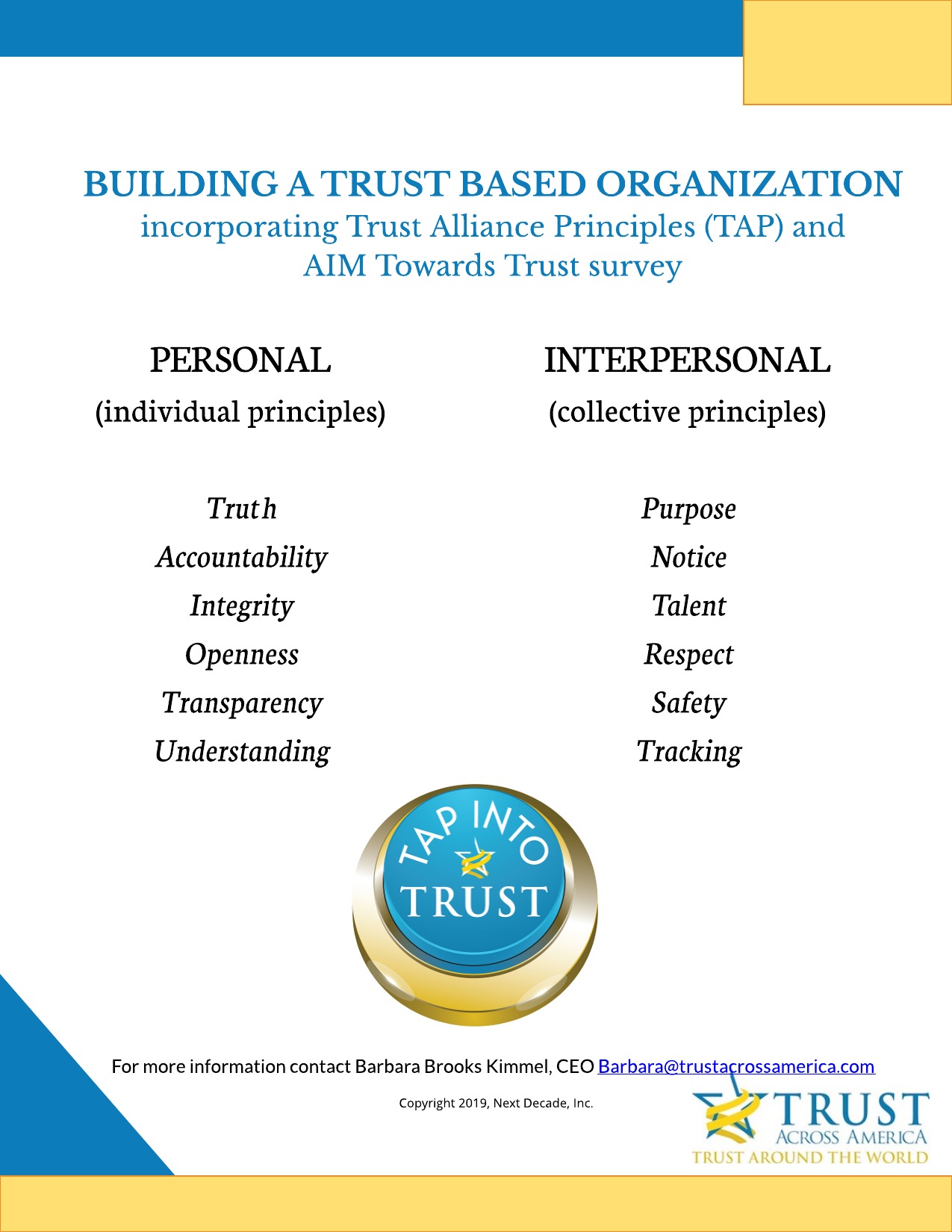
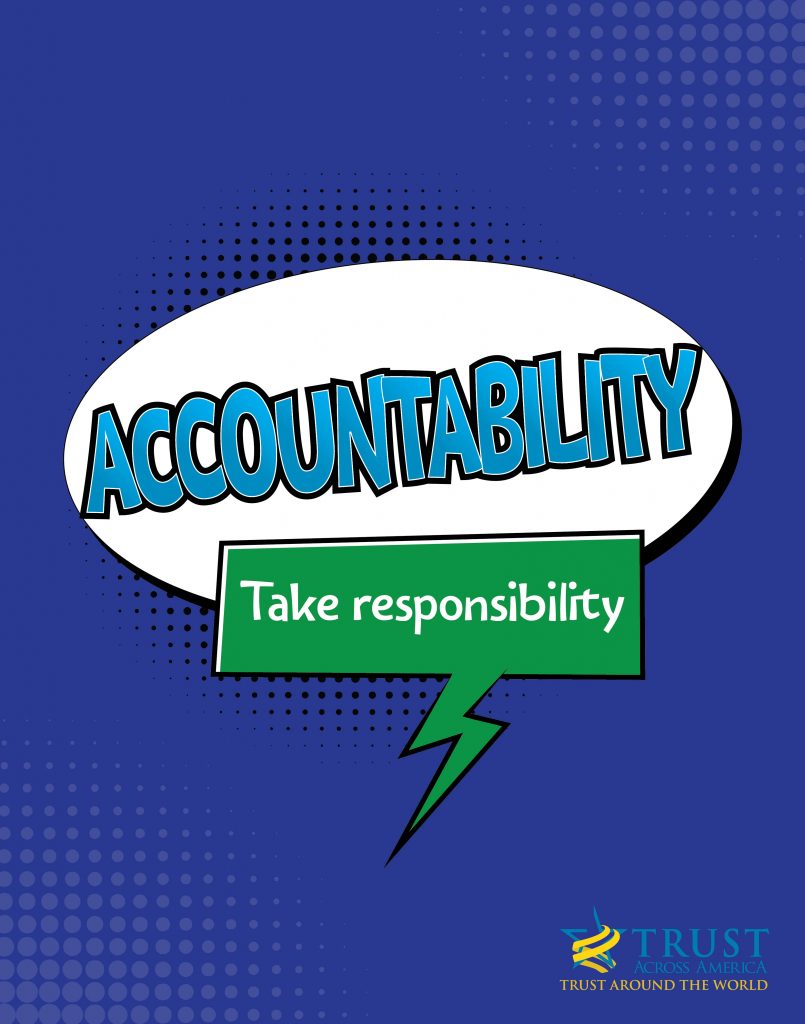
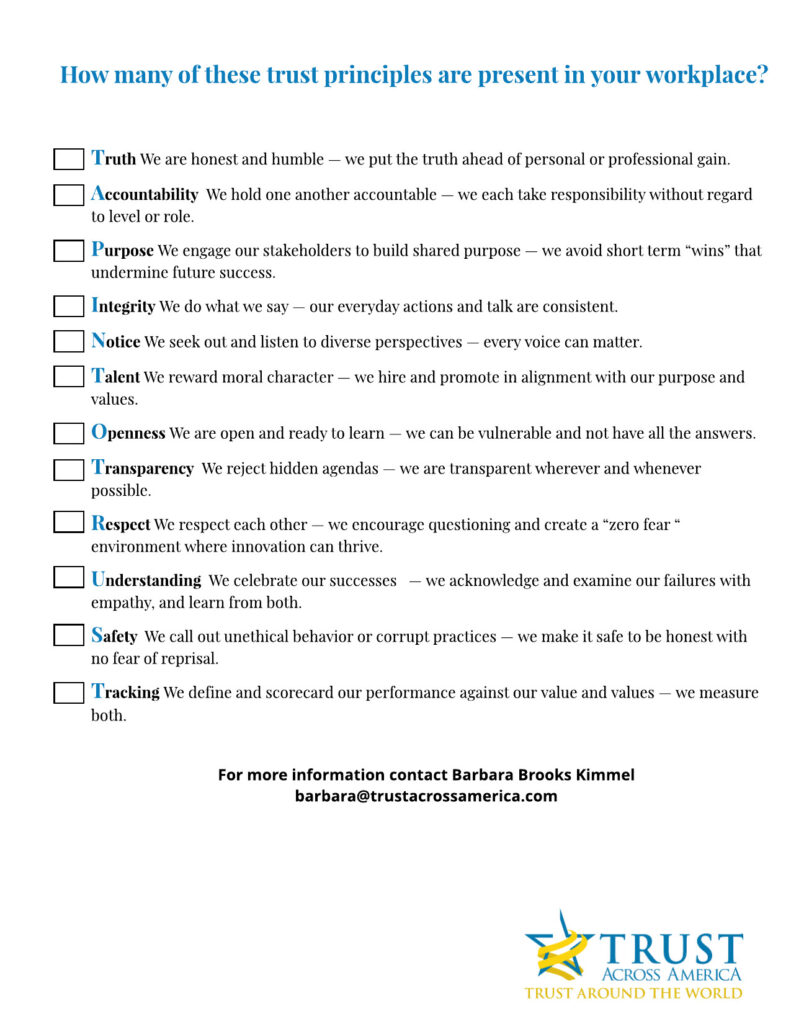
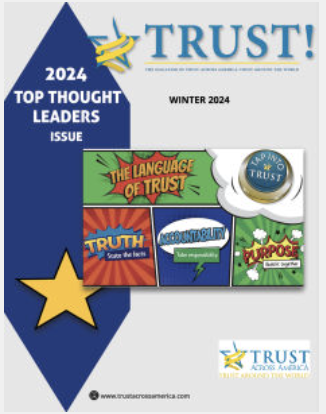
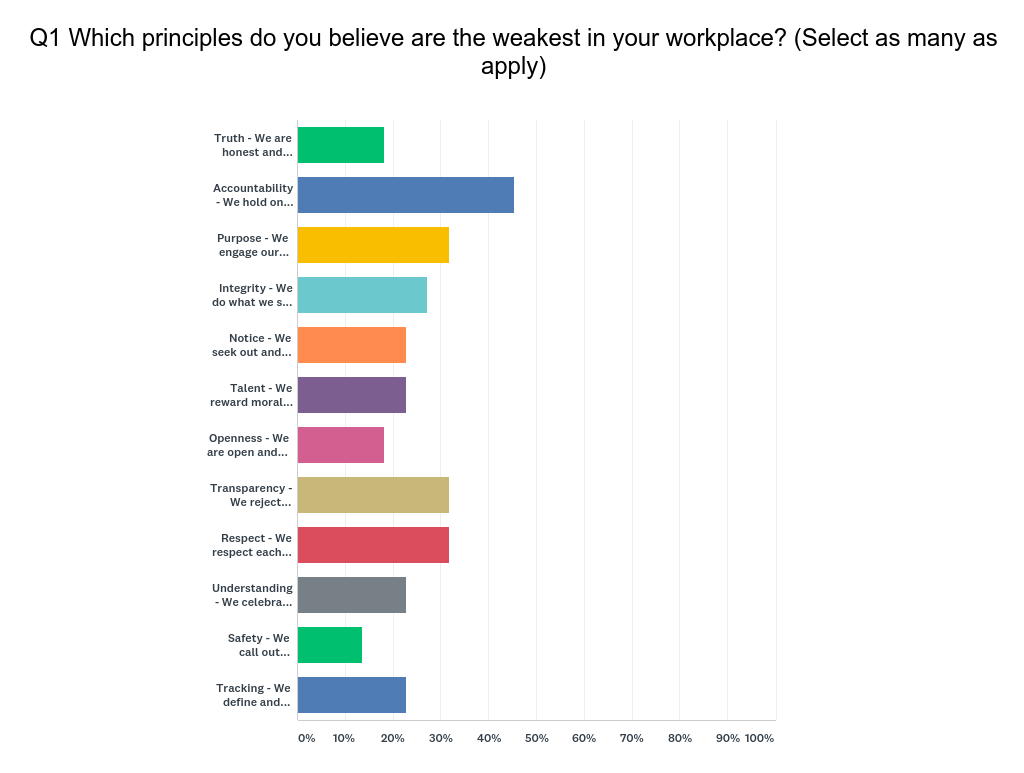
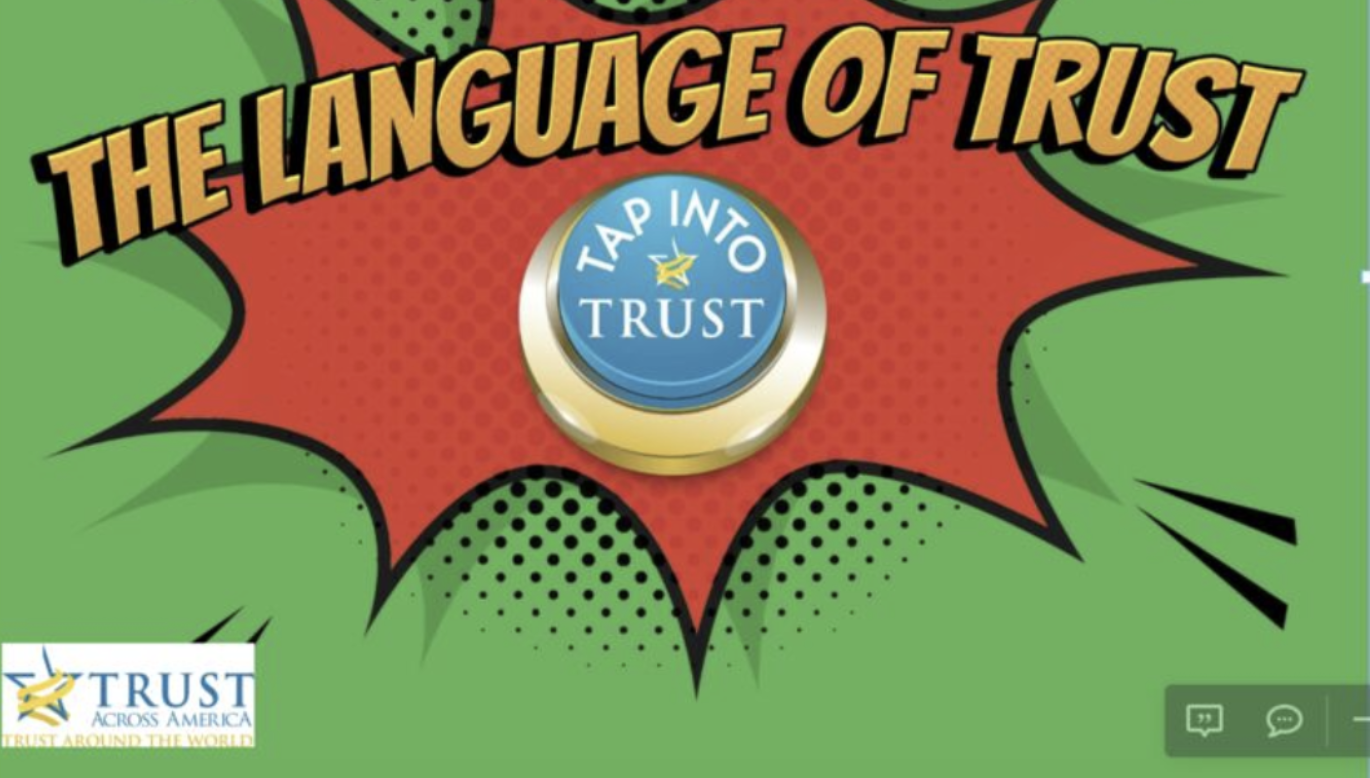
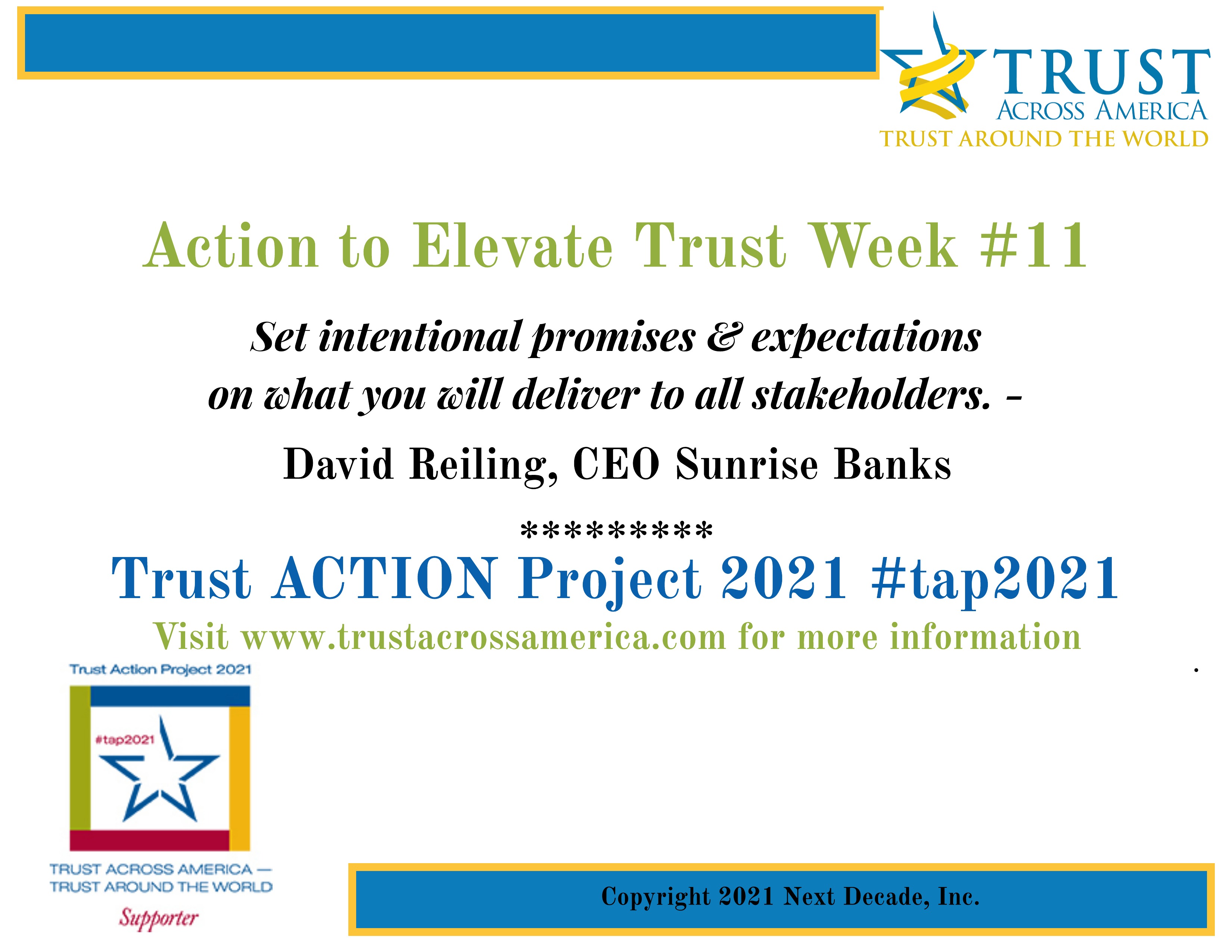
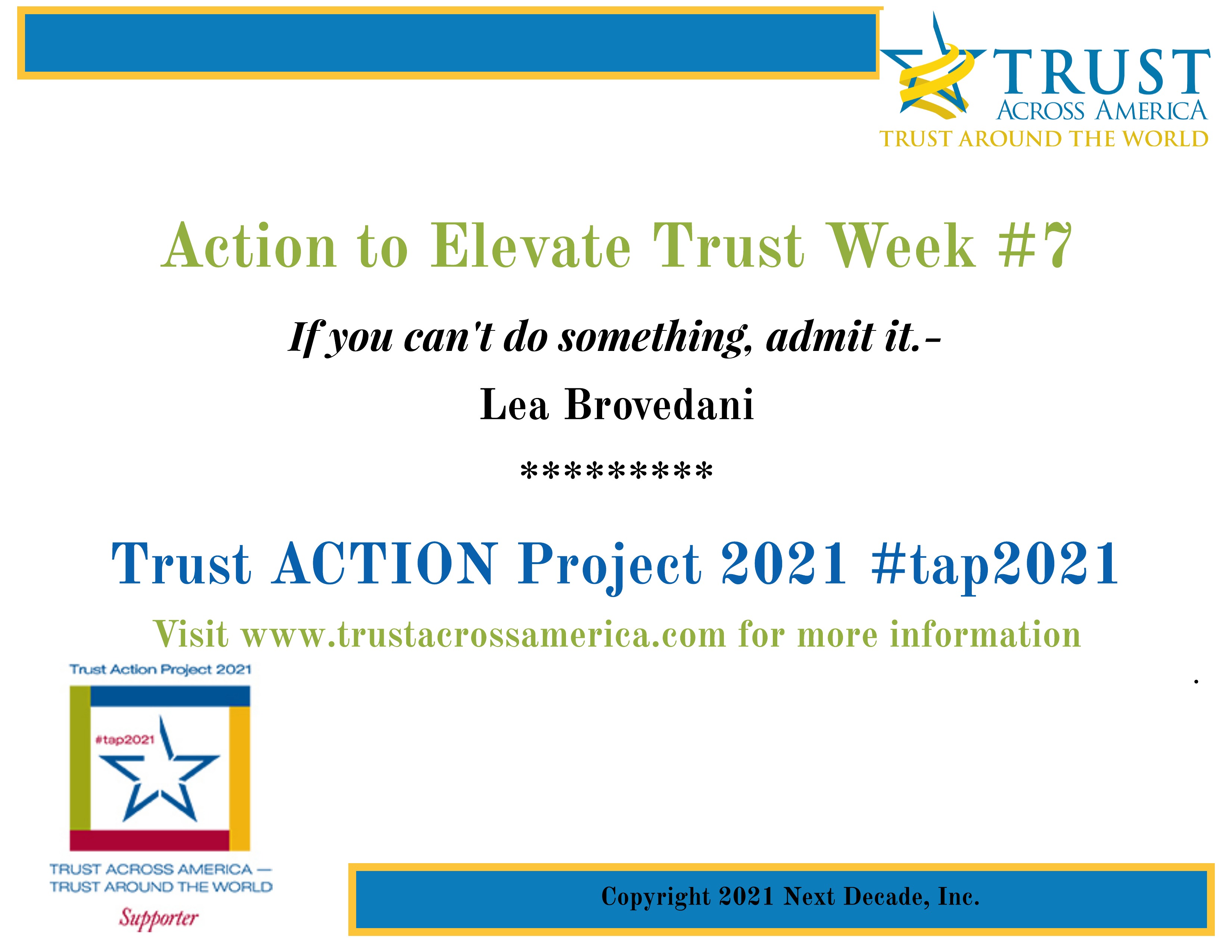
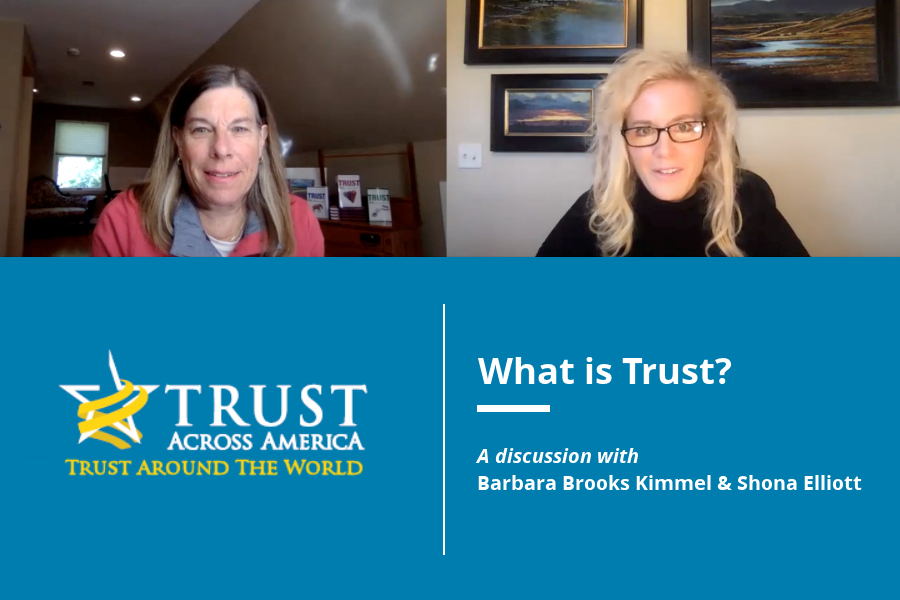



Recent Comments